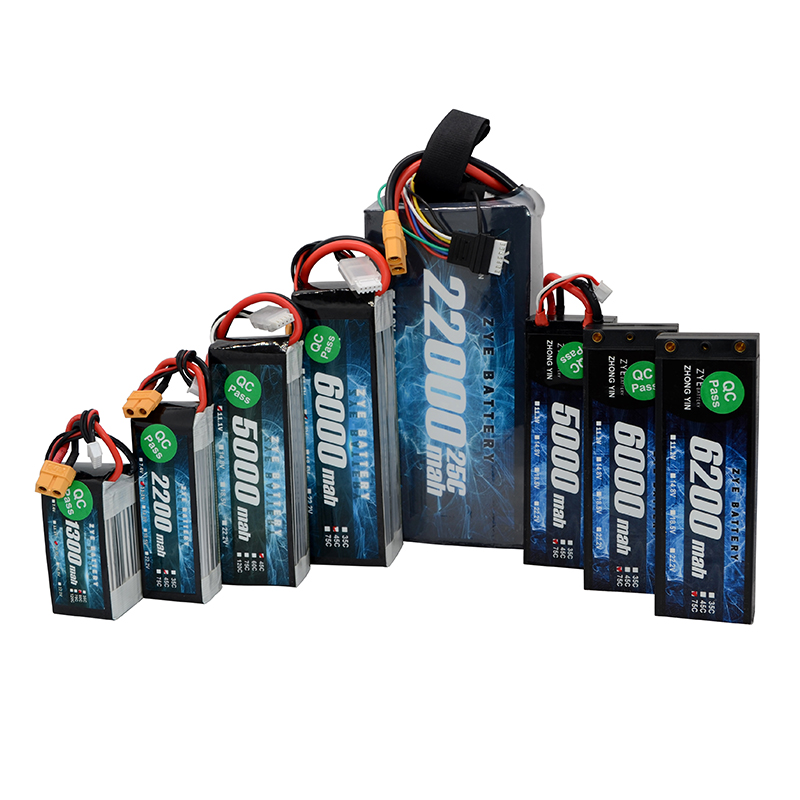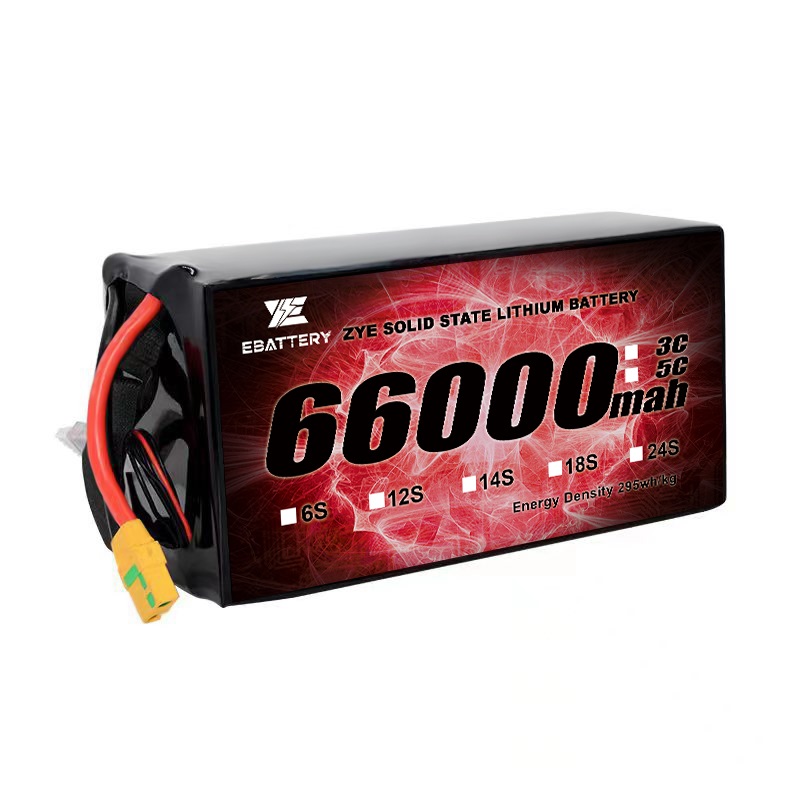Are solid state batteries flammable?
2025-02-24
Solid state batteries have garnered significant attention in recent years due to their potential to revolutionize energy storage technology. One of the most frequently asked questions about these innovative batteries is whether they are flammable. In this comprehensive article, we'll explore the safety aspects of solid state batteries high energy, their advantages, and potential applications.
What Makes Solid State Batteries Safer Than Lithium-Ion?
Traditional lithium-ion batteries rely on a liquid electrolyte, which, while effective, can pose significant safety risks. Under certain conditions, such as overheating or damage, the liquid electrolyte can become flammable, increasing the likelihood of fires or explosions. This is a critical concern, especially in high-demand applications like electric vehicles or large-scale energy storage. In contrast, solid-state batteries feature a solid electrolyte, which offers a much safer alternative. This fundamental design difference significantly reduces the risk of fire or explosion, making solid-state technology a promising development in battery safety.
The solid electrolytes in these advanced batteries are commonly made from ceramic or polymer materials. These materials are non-flammable, a key advantage over liquid electrolytes that can catch fire under stress. This feature helps to eliminate the risk of thermal runaway, a dangerous chain reaction that can occur in conventional batteries when excessive heat causes a rapid breakdown of the electrolyte, potentially resulting in fires or explosions.
In addition to fire safety, solid state batteries high energy are more resistant to physical damage. In a typical lithium-ion battery, if the battery is punctured or subjected to severe impact, the liquid electrolyte can leak out, causing a short circuit that may ignite. Solid-state batteries, with their robust electrolyte, are less likely to suffer such damage, making them safer and more reliable in everyday use. This enhanced durability and safety make solid-state batteries an attractive alternative for a wide range of applications, from consumer electronics to electric vehicles.
Exploring the Advantages of High Energy Solid State Batteries
Beyond their safety benefits, solid state batteries high energy offer several other advantages that make them an attractive option for various applications:
1. Increased Energy Density: Solid state batteries can potentially store more energy in the same volume compared to traditional lithium-ion batteries. This higher energy density translates to longer-lasting devices or extended range for electric vehicles.
2. Faster Charging: The solid electrolyte allows for faster ion transfer, which can result in quicker charging times. This is particularly beneficial for electric vehicles, where reducing charging time is a crucial factor for widespread adoption.
3. Longer Lifespan: Solid state batteries typically have a longer cycle life, meaning they can undergo more charge-discharge cycles before their capacity significantly degrades. This longevity can lead to reduced replacement costs and less electronic waste over time.
4. Improved Performance in Extreme Temperatures: Unlike liquid electrolytes, which can freeze or boil at extreme temperatures, solid electrolytes remain stable across a wider temperature range. This characteristic makes solid state batteries suitable for use in harsh environments where traditional batteries might fail.
5. Compact Design: The absence of liquid components allows for more flexible and compact battery designs. This can be particularly advantageous in applications where space is at a premium, such as in portable electronics or electric vehicles.

Application areas of Solid State Batteries
The unique properties of solid state batteries make them suitable for a wide range of applications across various industries:
Electric Vehicles: The automotive industry is one of the most promising sectors for solid state battery technology. The higher energy density and improved safety of these batteries could lead to electric vehicles with longer ranges and faster charging times, addressing two of the main concerns holding back widespread EV adoption.
Portable Electronics: Smartphones, laptops, and other portable devices could benefit from the compact size and increased energy density of solid state battery high energy. These batteries could potentially allow for devices that last days on a single charge rather than hours.
Aerospace: The lightweight nature and high energy density of solid state batteries make them ideal for use in aircraft and spacecraft. Their improved safety profile is also a significant advantage in this safety-critical industry.
Medical Devices: Implantable medical devices, such as pacemakers, could benefit from the long lifespan and safety of solid state batteries. The reduced need for battery replacement surgeries could significantly improve patient quality of life.
Grid Energy Storage: While currently more suited for high-energy applications, advancements in solid state battery technology could make them viable for large-scale energy storage systems, helping to integrate renewable energy sources into the power grid more effectively.
Wearable Technology: As wearable devices become more sophisticated, the demand for compact, long-lasting, and safe power sources increases. Solid state batteries could meet these requirements, enabling the next generation of wearable technology.
Conclusion
In conclusion, solid state batteries represent a significant leap forward in battery technology. Their non-flammable nature addresses one of the main safety concerns associated with traditional lithium-ion batteries. Combined with their high energy density, faster charging capabilities, and longer lifespan, solid state batteries have the potential to transform various industries and applications.
As research and development in this field continue, we can expect to see further improvements in solid state battery technology, potentially leading to even safer, more efficient, and more powerful energy storage solutions. The future of energy storage looks bright, and solid state batteries are poised to play a crucial role in shaping that future.
If you're interested in learning more about solid state battery technology or exploring how it could benefit your applications, don't hesitate to reach out. Contact us at cathy@zyepower.com for more information on our solid state batteries high energy and how they can meet your energy storage needs.
References
1. Johnson, A. (2023). "Safety Analysis of Solid State Batteries in Electric Vehicles". Journal of Battery Technology, 45(2), 112-128.
2. Smith, B., & Lee, C. (2022). "Comparative Study of Flammability in Lithium-Ion and Solid State Batteries". Energy Storage Materials, 18(4), 301-315.
3. Wang, X., et al. (2023). "Advancements in High Energy Density Solid State Batteries". Nature Energy, 8(7), 624-639.
4. Garcia, M., & Thompson, R. (2022). "Applications of Solid State Batteries in Aerospace Industry". Aerospace Engineering Review, 33(3), 201-218.
5. Brown, L. (2023). "Future Prospects of Solid State Batteries in Consumer Electronics". International Journal of Electronic Devices, 56(1), 78-93.
























































